Parly derides finance minister

SHARE THIS PAGE!
Parliament has turned up the heat on Finance and Development Planning Minister, Retšelisitsoe Matlanyane, after allegations emerged that she issued unlawful instructions to the Revenue Services Lesotho (RSL) in a manner that could undermine the integrity of the country’s tax system.
The clash between Minister Matlanyane and RSL Commissioner General ‘Mathabo Mokoko has laid bare the fragile balance between political authority and institutional independence. It also shows parliament’s rare solidarity with a technocrat under pressure.
The Chair of Chairs in Parliament, Mokhothu Makhalanyane, this week declared that no minister would receive parliamentary support if they ignored what he described as the “three pillars of governance”—legality, rationality and procedure.
Makhalanyane made this warning during a tense sitting of the National Assembly’s Economic Cluster Committee on Monday, where the RSL presented its 2025/26 tax collection progress report.
“No one will support a person who acts outside the parameters of good governance. We are losing capable professionals because of political interference,” he said.
Makhalanyane’s comments came after Mokoko had written to Dr Matlanyane and the Chairperson of the Board of Directors of the RSL over what her lawyers, Mei & Mei Attorneys Inc, described as “repeated attempts by the minister to force her to act outside the law”.
According to legal correspondence tabled before the committee, the minister issued a series of oral and informal instructions during meetings with Mokoko on June 2 and 6, and again on September 1 and 5 this year. Among the instructions allegedly given were demands that Mokoko:
- Disclose the names of taxpayers who had applied for VAT refunds.
- Issue tax clearance certificates to delinquent taxpayers who had failed to comply with their obligations.
- Provide refund application dates, amounts, and anticipated payment dates.
- Consider mining sector debt-to-equity ratios of 8:1 in contracts, despite the law stipulating 3:1.
- Supply proofs of payment for refund applicants.
Mokoko resisted the demands, warning that they violated the VAT Act, the Income Tax Act, and the Revenue Authority Act – all of which prohibit disclosure of confidential taxpayer information except under strict legal conditions. She offered to provide general, non-confidential data but refused to break the law, her lawyers say in their September 9, 2025 correspondence.
The RSL boss says despite her chance, the minister allegedly pressed ahead, at times issuing directives via WhatsApp. The lawyers for the RSL demanded that the minister cease issuing “unlawful instructions” and restrict communications to formal written channels through the RSL Board, as governance protocols require. They further warned that a legal interdict may be sought if interference continued.
Makhalanyane used the committee session to throw his weight behind Mokoko, apologising for Parliament’s failure to protect her from political intimidation.
“We thank you for your boldness, even though perhaps we have not protected you enough. We apologise for not taking this seriously,” he said.
He described RSL as a cornerstone of the economy and cautioned that undermining its independence threatened Lesotho’s revenue base. “Weak leadership at such institutions leads to national losses,” he pointed out.
Mokoko, visibly under strain, told the committee that she expected to be summoned to appear before Parliament alongside Minister Matlanyane and the RSL Board to explain the escalating tensions.
“It is important to speak openly because these are matters of national concern,” she stated.
The Commissioner General noted that RSL had adopted a computerised tax clearance system specifically to prevent political interference or manipulation.
Under this system, non-compliant taxpayers cannot be issued clearance certificates, no matter the pressure, she indicated.
She also underscored RSL’s central role in domestic revenue mobilisation, including partnerships with mining industry experts and the African Tech Institute to strengthen tax policies.
“The life of this country depends on the honest functioning of businesses and government, and that comes back to tax,” she stressed.
Mokoko was particularly concerned about the mismanagement of Pay As You Earn (PAYE) deductions by government ministries and chief accounting officers (CAOs). She warned that employees risked retiring without benefits if deductions were mishandled.
“When a person dies, their children might get nothing because of the recklessness of a chief accounting officer,” she cautioned.
She also revealed that some government institutions owed the RSL more than M35 million yet continued to ignore lawful directives.
Presenting a 90-day report on tax clearance certificates, Mokoko disclosed that the RSL had issued 22,000 certificates. Of these, 15,000 (59%) were fully compliant, 10,200 (40%) required further talks due to outstanding issues, while 2,213 (8.7%) were outright rejected for non-compliance.
She noted with concern that rejected businesses often claim that RSL is “anti-business,” even though many owe unpaid VAT. Some were nevertheless pressured into receiving clearances to access government tenders.
“Some businesses are given tax clearances just because they need them to tender, even though they have not paid VAT,” she said, citing unpaid amounts as small as M30,000 being disregarded.
Committee member Vuyiswa Tsheka said such issues must be raised in Parliament whenever ministries seek supplementary budgets, to hold them accountable for ignoring tax obligations.
RSL’s commissioner for client services and head of customs, Rakokoana Makoa, urged employees to regularly verify that tax deductions reflected on payslips were remitted to the RSL.
He encouraged workers to register directly with the RSL to ensure their PAYE records were up to date.
Meanwhile, auditor and chartered accountant Sesinyi Rakubutu warned that the RSL was unlikely to meet its 2025/26 revenue targets due to widespread business closures and layoffs.
He also highlighted loopholes in the self-assessment system, which relies heavily on voluntary compliance.
“Everyone has to pay tax. When one does not, that is tax evasion, a crime,” Rakubutu said, stressing that the trust-based system left Lesotho vulnerable to manipulation.
In closing, Mokoko called for urgent honesty and transparency in handling taxpayer money, reminding employers that failure to remit PAYE or VAT on time would ultimately harm ordinary Basotho, not tax evaders.
“We have explained via media that if people do not pay PAYE or VAT on time, the burden will fall on innocent employees,” she said.
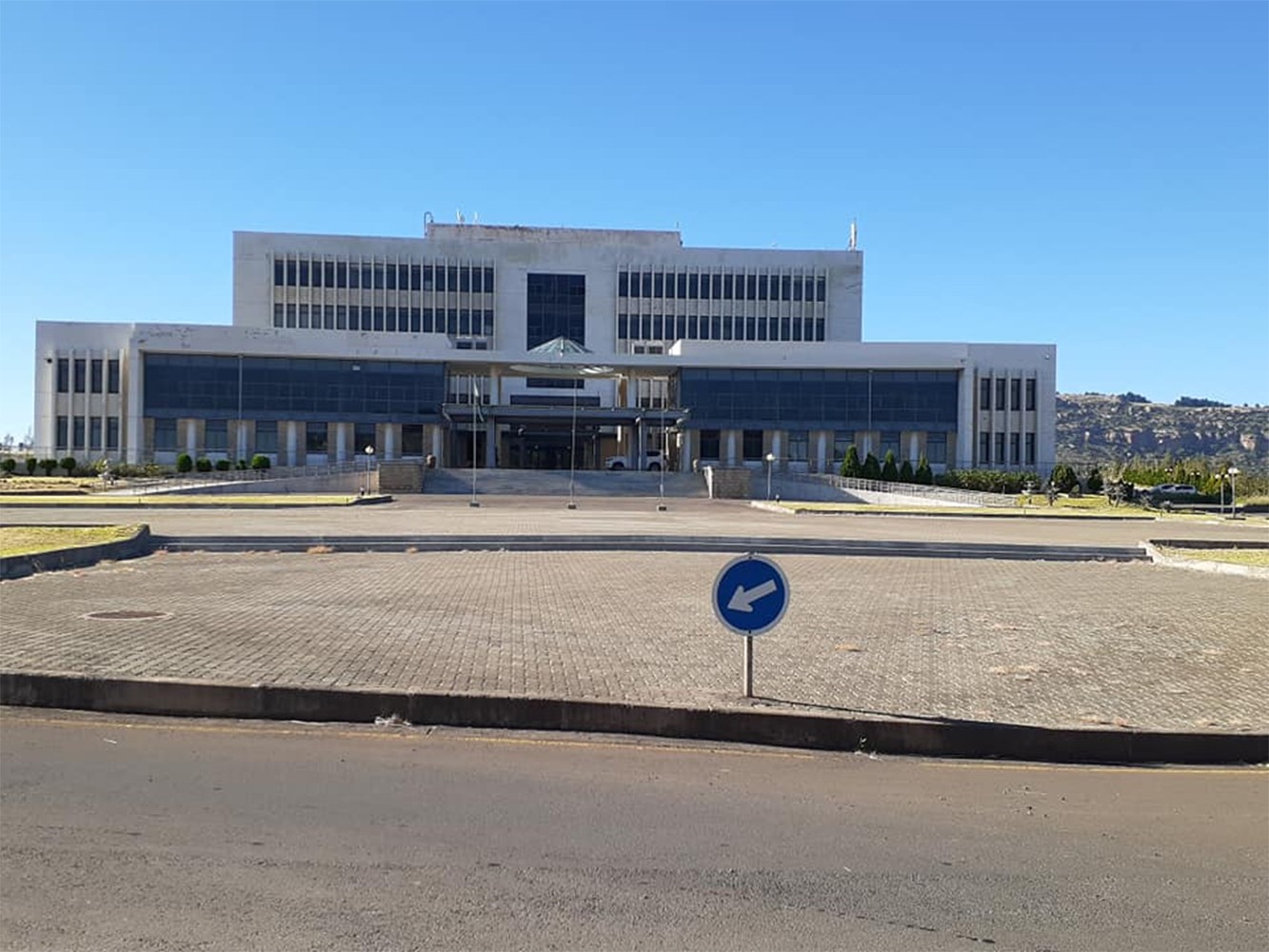
Parly derides finance minister
19 days ago

Basotho Diaspora urged to invest locally
21 days ago

Media training to boost economic journalism
22 days ago
Selimo to stage “One Man Show”
22 days ago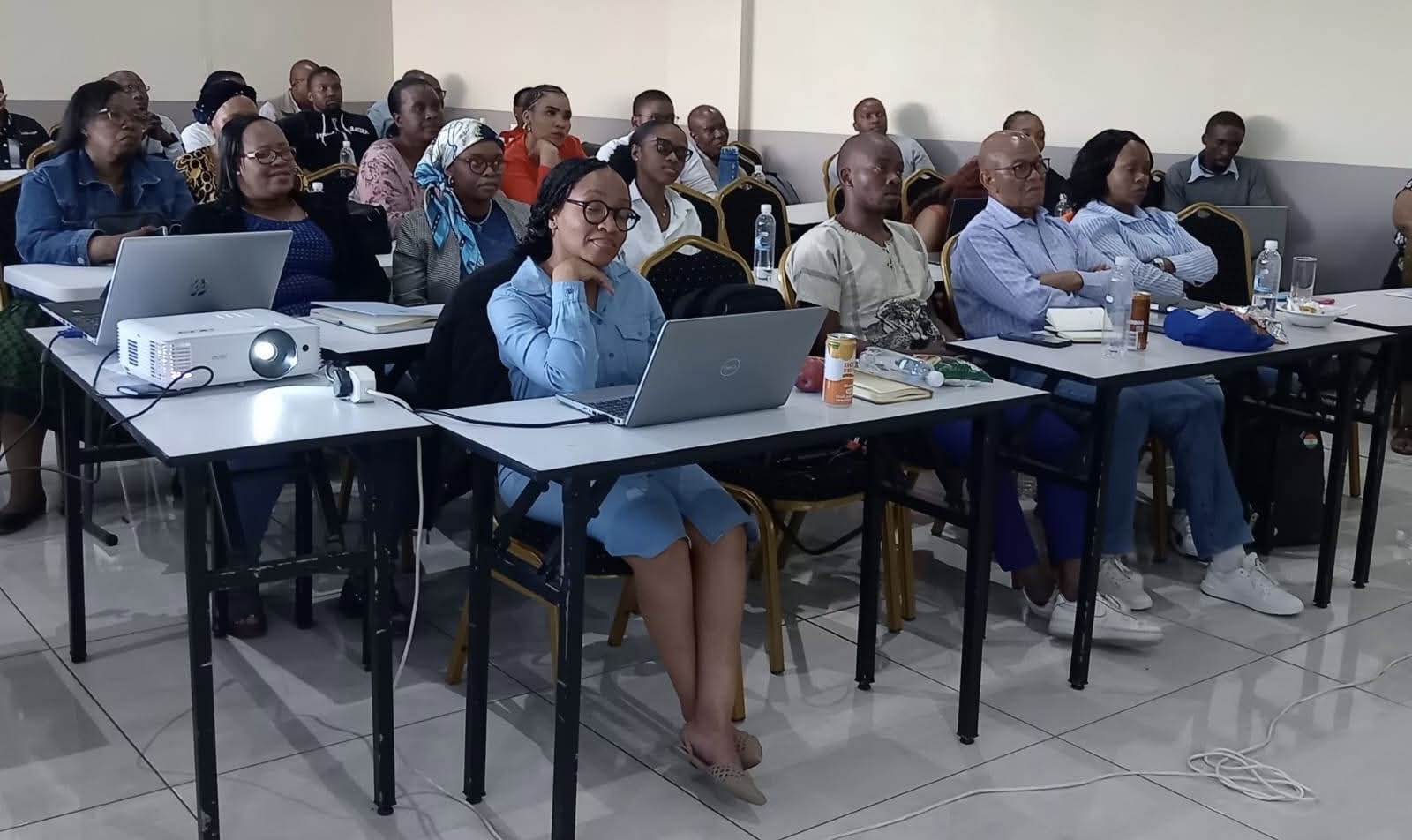
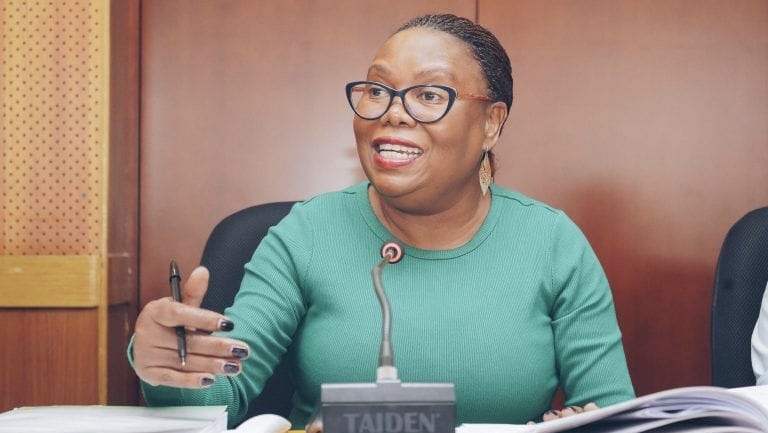
MP boycotts National Assembly sitting
24 days ago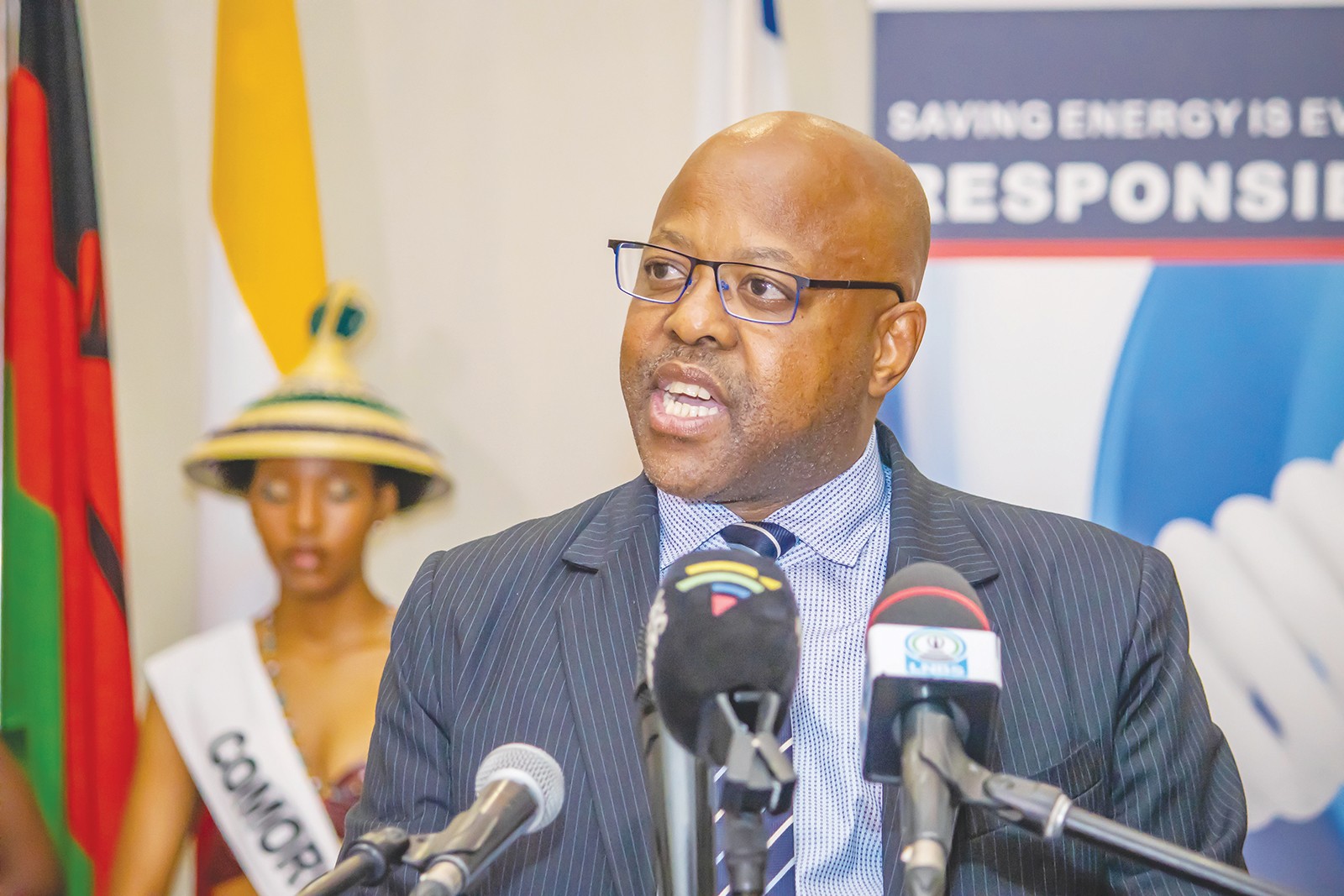
Lesotho to host SADC water dialogue
25 days ago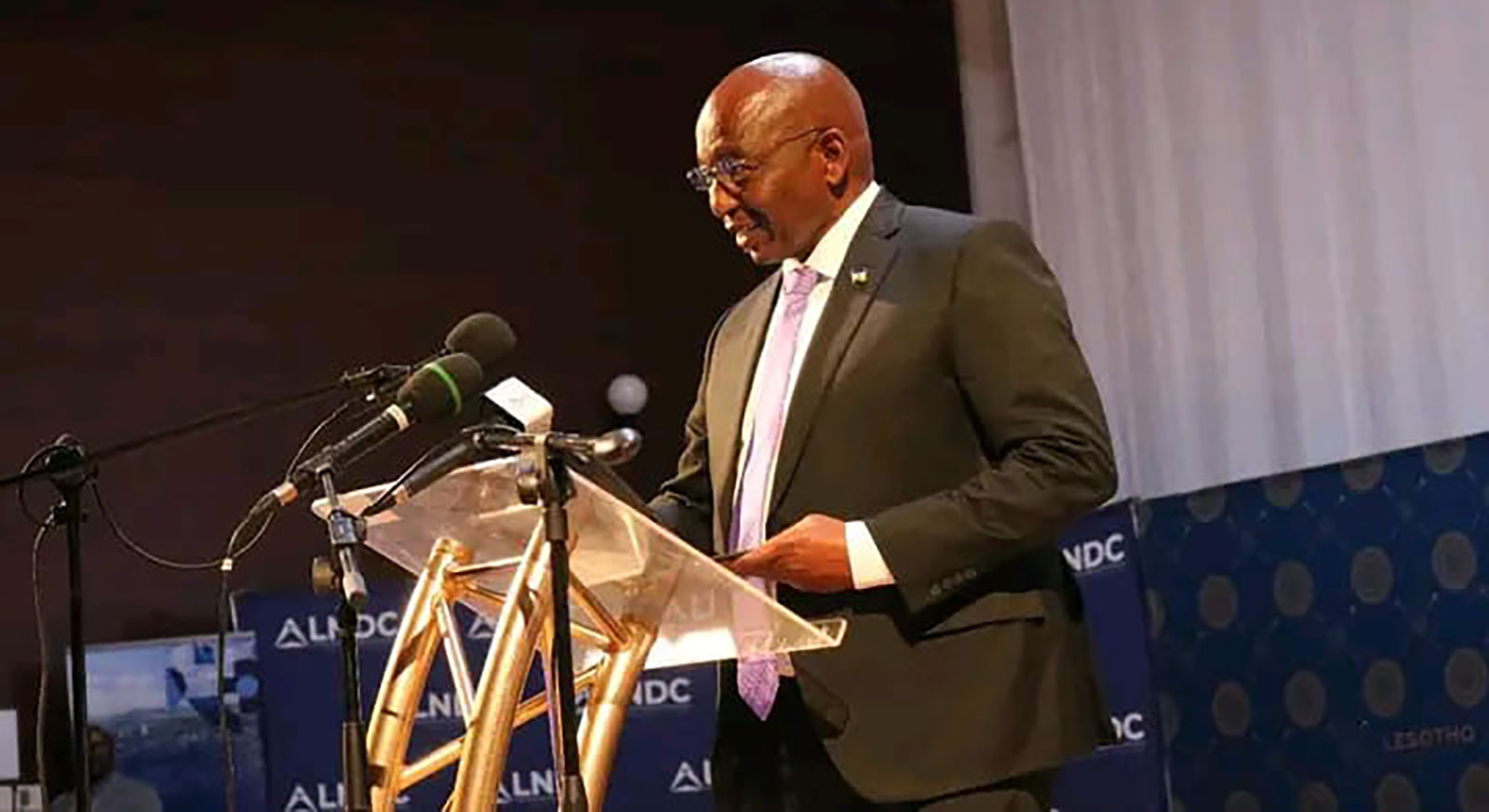
PM hails Sebabatso initiative progress
a month ago